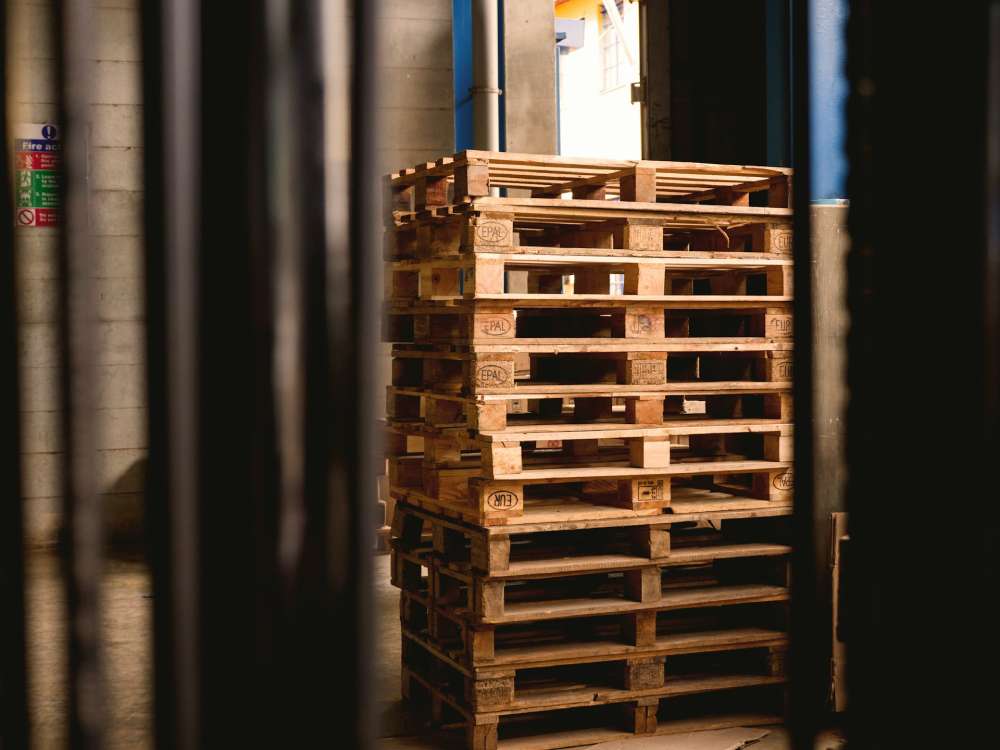
The Green Advantage: Benefits of Pallet Recycling for Your Business and the Environment
In the past, wooden pallets were often seen as disposable, contributing to the mounting problem of industrial waste. However, pallet recycling offers a sustainable alternative by breathing new life into these materials. This involves refurbishing pallets, thus extending their operational life or transforming them into different products.
Through innovative recycling techniques, old pallets are conserved, significantly reducing the raw materials required for new production. This eco-friendly approach helps minimize waste and promotes efficient use of resources, fostering a mindset that values sustainability over convenience.
Why Pallet Recycling Matters
The importance of pallet recycling cannot be overstated in today’s eco-conscious world. With increased global awareness of environmental issues, businesses are pressured to align their practices with sustainability goals.
Recycling pallets is critical in minimizing deforestation and reducing landfill waste. As economies worldwide transition towards a more circular model, emphasizing reusing and recycling materials, pallet recycling represents a tangible action businesses can take. By continuously reintegrating these resources into the supply chain, companies demonstrate a commitment to ecological stewardship.
Economic Benefits of Recycling Pallets
Adopting pallet recycling is economically beneficial for enterprises across various industries. One of the primary advantages is the reduction in costs associated with acquiring new pallets, as refurbishing existing ones proves to be significantly cheaper.
Moreover, many businesses find new revenue streams by selling refurbished pallets or repurposing pallet wood into other products, such as furniture or decorative items. As highlighted by McKinsey & Company, embracing sustainable practices, such as pallet recycling, can reflect positively on a company’s bottom line and enhance its brand image as customers increasingly favor environmentally responsible businesses.
Environmental Impact of Pallet Recycling
The environmental impact of pallet recycling is profoundly positive. Each recycled pallet saves the harvesting of new trees, conserving natural woodlands, and reducing carbon dioxide emissions associated with logging and processing new timber.
Recycling pallets align with broader conservation goals, such as those of The Nature Conservancy, which advocates for sustainable resource management to combat climate change. By opting to recycle, businesses contribute to reducing their environmental footprint, playing a part in global efforts to protect biodiversity and preserve ecosystems for future generations.
Innovative Recycling Solutions
Innovation in pallet recycling has led to diverse applications for used pallet wood. Beyond refurbishment, the wood can be broken down into chips used for mulch or compressed for new composite materials. Technological advancements enhance the recycling process, improving the quality and range of products derived from recycled pallets. Such innovative solutions increase the utility of old pallets and open new market opportunities for recycled products, further promoting sustainability.
Looking to the Future: The Role of Technology in Pallet Recycling
The future of pallet recycling is intrinsically linked with technological innovation. Emerging technologies promise to enhance methods of sorting, processing, and repurposing pallets, making recycling efforts more efficient and scalable.
Businesses that are early adopters of these technologies are likely to set industry standards for sustainability and environmental responsibility. As the world becomes increasingly digital, integrating advanced technologies into recycling practices will improve efficiency and enable companies to achieve their sustainability goals more rapidly and effectively.

